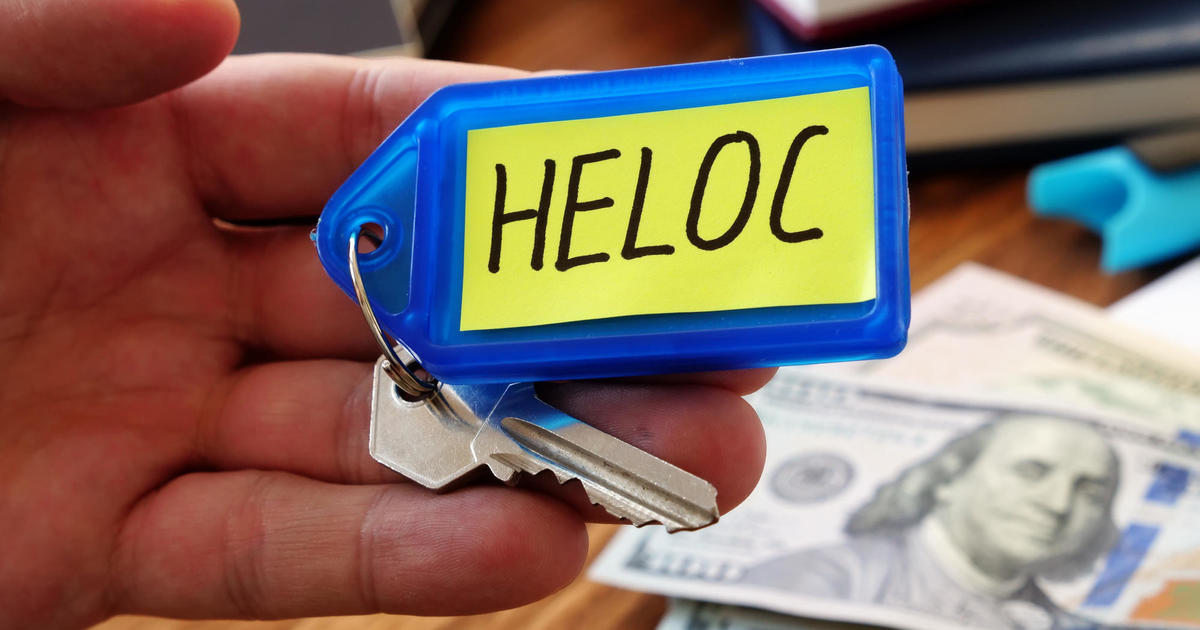What does age have to do with credit scores? Plenty
Like a fine wine, credit scores tend to get better with age. That's primarily why members of the elder Silent Generation have average credit scores that are 100 points higher than newbie millennials.
The typical millennial has a "fair" credit score of just 634, according to a LendingTree study, which examined an anonymized sample of its 9 million users. From there, credit scores rise in steps. GenX ranks better than millennials, with an average 653 score, which is still "fair." Baby boomers do better than GenX, with a "good" 696 average score. Finally, the Silent Generation -- those born from 1925 to 1945 -- tops out with a "very good" 734 average score, according to the LendingTree research.
Credit scores tend to rise with age for good reasons, experts note. Some key scoring metrics give points for the amount of time you've had credit and for the depth of your credit experience. Credit scores, after all, are a way to handicap a person's propensity to repay a loan in full and on time. The more times you've done that in the past, the better the chance you'll do it again.
But that doesn't mean millennials need to simply sit around and wait for their scores to steadily ripen like a freshly picked avocado. You can boost your score if you know a few tricks.
The first step is to understand what factors play the biggest role in your score. The big-daddy of credit scoring, Fair Isaac, which produces the FICO score, publishes the basics of its scoring model, including the weight each factor has in the final result.
The short version: 15 percent of your score is based on the length of your credit history; 35 percent is based on your payment history -- the longer and cleaner that payment history, the higher that portion of the score. Another 35 percent is governed by how much you owe vs. how much credit you have available; 10 percent is determined by how many different types of loans you've had (i.e. student loans, credit cards, mortgages, etc.).
The final 10 percent looks at how much of your credit is brand new. This mostly works against you when you're first establishing credit. The metric looks at it as if you've suddenly hit up all your friends for a loan, which makes you sound needy and fiscally irresponsible.
Millennials have what's called a "thin file," simply as a result of their age and not being able to sign a legal contract (like a loan) until after age 18. If you're a millennial, that means both the length of your credit history and your experience with credit is likely to be modest. If you have credit at all, it's likely to be relatively new. And you're not likely to have a lot of different types of loans.
Your credit "usage" is likely to work against you, too. That usage figure, which accounts for about a third of your score, compares how much credit you have available versus how much is outstanding. The lower the usage percentage, the better. If you had a $100 balance on a credit card with a $1,000 limit, for example, your usage would be 10 percent, which is great. But if you still owe $9,000 on your original $10,000 worth of student loans, your usage is 90 percent -- and that's considered bad.
On the bright side, every month you pay against that student debt works in your favor, whittling down your balance, cutting your credit "usage" and building up more months of credit history.
The flip side: The negative impact of even one late payment is magnified by your lack of credit history. One late payment in a three-month history says one-third of your credit history is sketchy. If you have a 30-year credit history with one late payment, on the other hand, that's a negligible portion of your total record and has almost no impact on your score.
How do you boost your score? Make any and all loan, rent and utility payments on time, and get a credit card to add to your history and to cut your usage. This, however, leads many into a Catch-22. Millennials need more credit to build credit. But without credit, they can't get credit. You have three ways to address this dilemma:
- Go to the bank where you have a checking account and ask to add a credit card. If you have no credit nicks in your file, your bank is likely to do this as an accommodation. Usually, they'll keep your credit limit low -- maybe $300 to $500 -- until you have more experience paying off debts. However, if you use the card and pay it off on time, your credit score will gradually improve, and the bank typically will boost your limit within a year.
- If you have credit marks against you, you may have to apply for a so-called secured credit card instead. These credit cards demand that you deposit an amount equal to your credit limit to secure your repayment. They're often the only viable option for people who get turned down by their own bank. Fortunately, both Capital One and Discover have low-cost secured cards, according to NerdWallet's credit card finder.
- But the fastest and most effective option, if you can swing it, is to piggyback on someone else's good credit by becoming an "authorized user" on one or more of his or her accounts. This helps your credit on multiple fronts at the same time.
To illustrate the third point, let's say your parents have great credit and they know you to be responsible, so they don't mind adding you as an authorized user to one of their long-standing credit card accounts. If they add you as a user on an account with a $10,000 limit, that "available credit" jumps onto your credit file, cutting your credit "usage" percentage and boosting your credit score. Better yet, every month your parents pay their balance on time also gives you credit for more on-time payments. You don't need to ever charge anything on that card to get credit for its good payment history.
And it can't hurt to take the long view: Though time is working against you now, it will eventually become your friend and help boost your score as you age.




